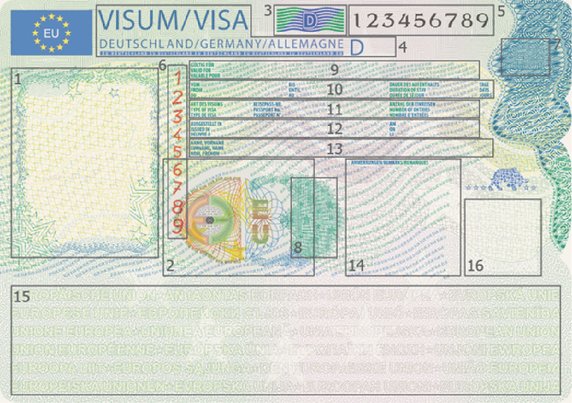The European Commission adopted specific rules on the issuing of multiple entry visas to Indian nationals, which are more favourable than the standard rules of the Visa Code that applied to date, according to press release issued by the Delegation of the European Union to India and Bhutan on Monday.
This new visa ‘cascade’ regime for Indian nationals residing in India who apply for Schengen (short-stay) visas in India will provide easier access to visas with multi-year validity for travellers with an established travel history, if the passport validity allows.
According to the newly adopted visa “cascade” regime for India, Indian nationals can now be issued long-term, multi-entry Schengen visas valid for two years after having obtained and lawfully used two visas within the previous three years.
The two-year visa will normally be followed by a five-year visa, if the passport has sufficient validity remaining. During the validity period of these visas, holders enjoy travel rights equivalent to visa-free nationals.
This decision comes in the context of strengthened relations under the EU-India Common Agenda on Migration and Mobility, which seeks comprehensive cooperation on migration policy between the EU and India, with facilitation of people-to-people contacts being of key aspect due to the importance of India as a partner for the EU.
Schengen visas allow the holder to travel freely in the Schengen area for short stays of a maximum of 90 days in any 180-day period. The visas are not purpose-bound, but they do not grant the right to work.
The Schengen area consists of 29 European countries (of which 25 are EU states): Belgium, Bulgaria, Croatia, Czech Republic, Denmark, Germany, Estonia, Greece, Spain, France, Italy, Latvia, Lithuania, Luxembourg, Hungary, Malta, Netherlands, Austria, Poland, Portugal, Romania, Slovenia, Slovakia, Finland and Sweden, along with Iceland, Liechtenstein, Norway and Switzerland.
















